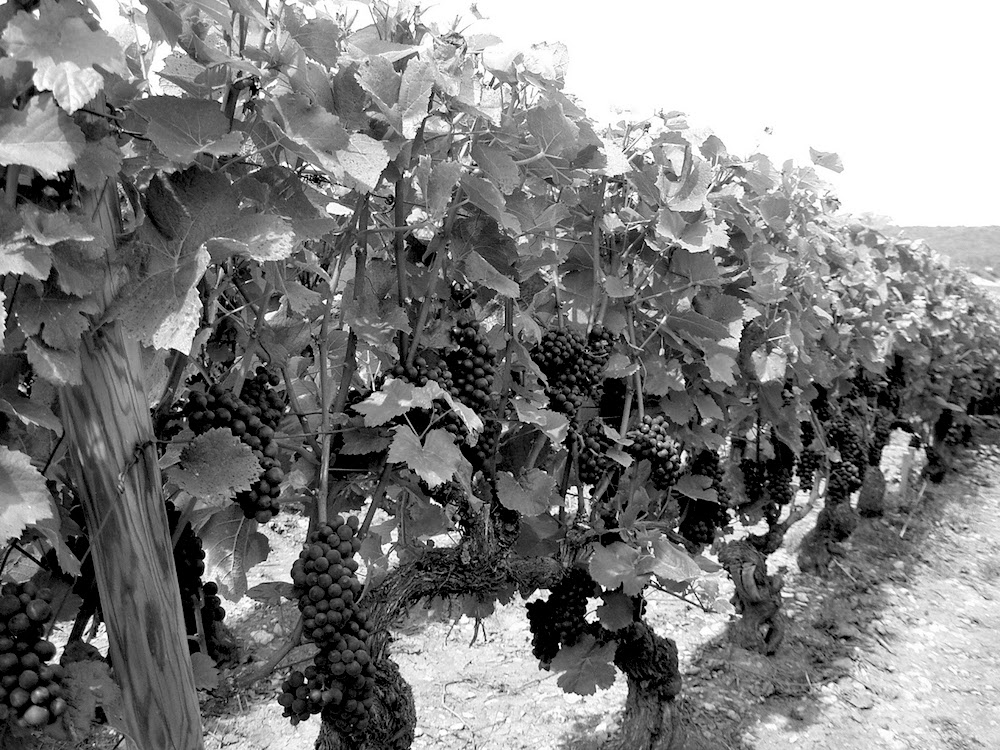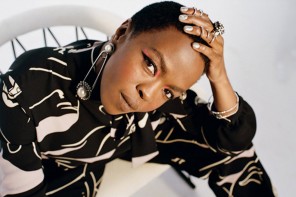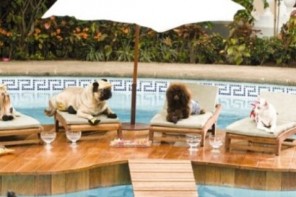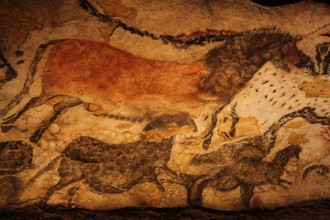There’s satire, revelation and redemption aplenty in Robert Drewe’s latest novel, Whipbird, writes Digby Hildreth.
Launching the new novel from Bangalow author Robert Drewe at the Byron Writers Festival recently, eminent critic Geordie Williamson noted that the pinot noir grape is known as the “heartbreak” grape – notoriously difficult to grow.
He did so because it’s the variety chosen for cultivation at Whipbird, the vineyard being developed by Hugh Cleary, the self-consciously aspirational protagonist of Drewe’s book of the same name.
Hugh’s choice suits Drewe’s satirical purpose: Whipbird is located near Ballarat, a region that has attracted investment in recent years for its suitability for the pinot noir grape. That suitability has been improved by the advent of climate change, a warming which Hugh welcomes with solipsistic complacency: “Now the adjusted climate… has made Whipbird uniquely suited to growing pinot noir grapes,” he tells guests – and potential Chinese investors.
That adjusted climate is sheer brilliance, the weasel words of the investment wanker.
“I foresee a deep crimson-purple wine, with the foresty-savoury density that’s the hallmark of the region, underpinning a long, black-cherry-filled palate,” continues Hugh, successful lawyer and wannabe vintner, “all smiles in his weekend rustic clothing”.
So, blend in wine snobbery to the food fads, mammalian meat allergies, private schoolboy rock bands with names like Wasted Promise and Malice Aforethought, doped up surfers seeing yowies in the night, Gold Coast cougars, “distressed” antiques – the ephemera of the age – that make up the comic feast of this novel.
Underlying all this is the more deeply felt satire, aimed at the era’s hubris, its narcissism and individualism, the breakdown of good old Aussie egalitarianism, fairness and decency.
Whipbird is the setting for the action in the story – a vastly scaled reunion of the descendants of Irishman Conor Cleary, who made his way to the new world within the British Army 160 years earlier.
There’s more than a thousand of them, their dress colour-coded to differentiate each familial line, come to imbibe and ingest the offerings from a dozen barbecues, (or, for the vegans, the blistered kale and quinoa pancakes fom Agrarian Revolution) and gossip and backbite.
Hugh’s immediate family comprises an irritable and distracted wife, vegetarian teenaged daughters, son in search of carnal knowledge, a brilliant but frustrated sister (carrying the Irish disease, haematomachrosis).
More graphically, a brother, Sly, former member and victim of the briefly blooming pop-rock band Spider Flower (whose hits included Tight Tight Jeans, Face First and You Want it So Bad), who is suffering from a disorder that makes him think he’s dead; and dad, Mick, an old school decent bloke, but a bitter reject from banking – once a service, now an industry, with no place for “customer-first” types like him.
Mick – Drewe’s most sympathetic character – and the man who chucked him, Doug, his cousin, don’t converse about football, they make bald statements of “fact” at each other, as men do, each hoping to sound the more authoritative.
Such passive-aggressive competitiveness – a function of gentrification, materialism and, surely, the Australian character – rears up in scene after scene: a sub-text to the reunion invitation was that “so many of them were doing so much better than they were in 2004”).
Other certainties – that toxin to conversation – are cleverly scripted: aunties in mobility scooters grumpily agree on the poor choice of the “dull” whipbird as viagra pas cher the estate’s name, but one-up each other over whether WA’s Splendid Fairy Wren or the Victorian specimen is the prettier bird.
There’s competition too, between the certainties of the past and the received correctness of the present – providing both a nostalgic undercurrent of some poignancy, and another opportunity to lampoon both contemporary fads and foibles, and the wrong-headedness of our forebears.
For instance, Whipbird estate is located near Ballarat, at Kungadgee – a Wathaurong word heard frequently, and misunderstood, by the region’s first Europeans; it means goodbye!.
Much of the story and history belong to Victoria. There’s Richmond, and its early settlement by the Irish, who moved effortlessly up the social scale, from Conor, like so many forced by poverty to take the king’s shilling and end up shooting at his own countrymen at the Eureka Stockade, through Tigers footballers, bankers and lawyers like Hugh, whose pretentious “homestead” is light years away from the old sod.
The Northern Rivers doesn’t escape the satirical examination either: “I think a bloody dolphin could be elected mayor here if they wanted the job,” yells one disillusioned sea-changer.” But while some of our behaviours are ridiculed, as with the Melbourne mob, it is gently done.
Ireland is treated sympathetically – this after all is the land of Drewe’s ancestors too, and the reunion’s randy raison d’etre, old Conor, is based upon his own great-grandfather, who sired 15 children, the last of them when he was 70. In a secondary story, County Tipperary provides the setting for the drunken catharsis of an army priest, burned out after pastoral duties in Afghanistan.
Conor’s descendants are now, like Drewe, deeply familiar with the footy field, the surf and the bush. This is an insider’s account. Although Drewe set out to put contemporary Australia “on the slab”, to highlight its absurdities and affectations, it is done more so in affection than in anger; the author admits to having had a lot of fun writing it, and that defines the over-arching tone.
However, while this is undoubtedly a comic novel, laugh out loud funny, it manages to also be a story of considerable depth: several story lines come to an end, there is revelation, redemption, closure.
It makes for a thoroughly satisfying read, on a number of levels.
To order Robert Drewe’s Whipbird go to: penguin.com.au/books/whipbird







